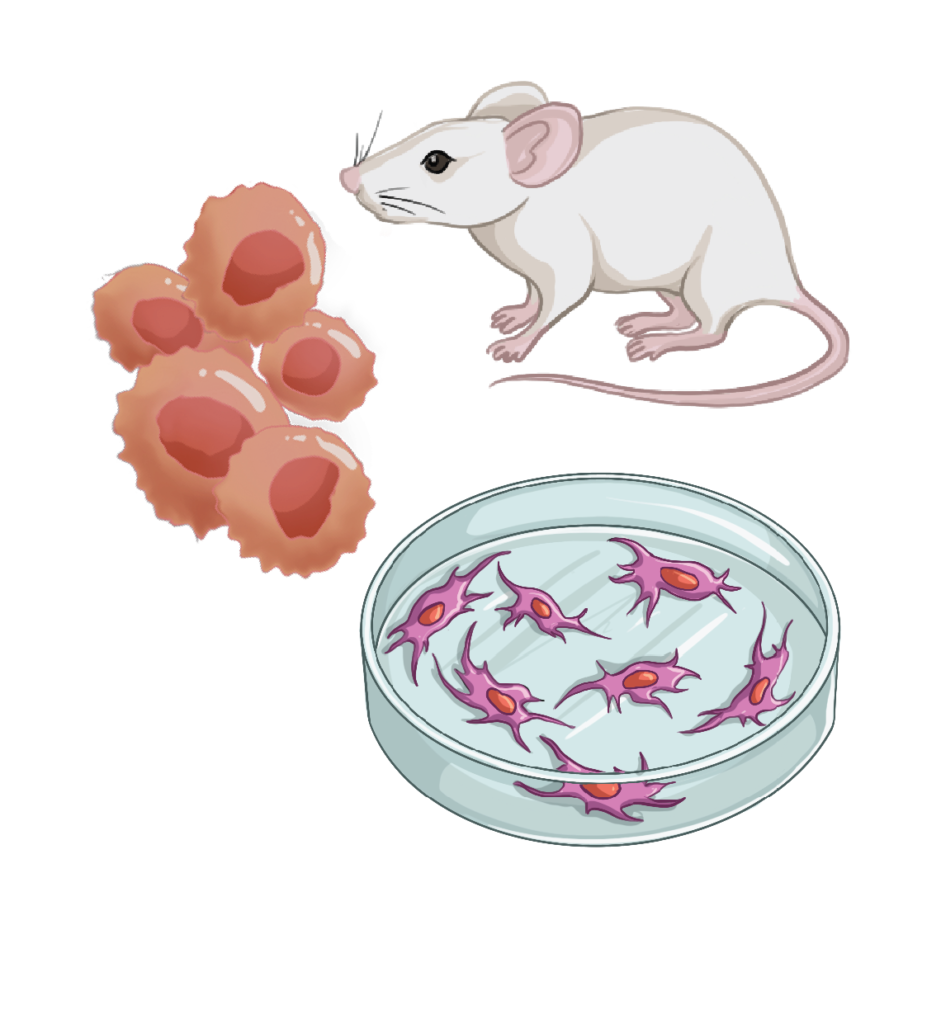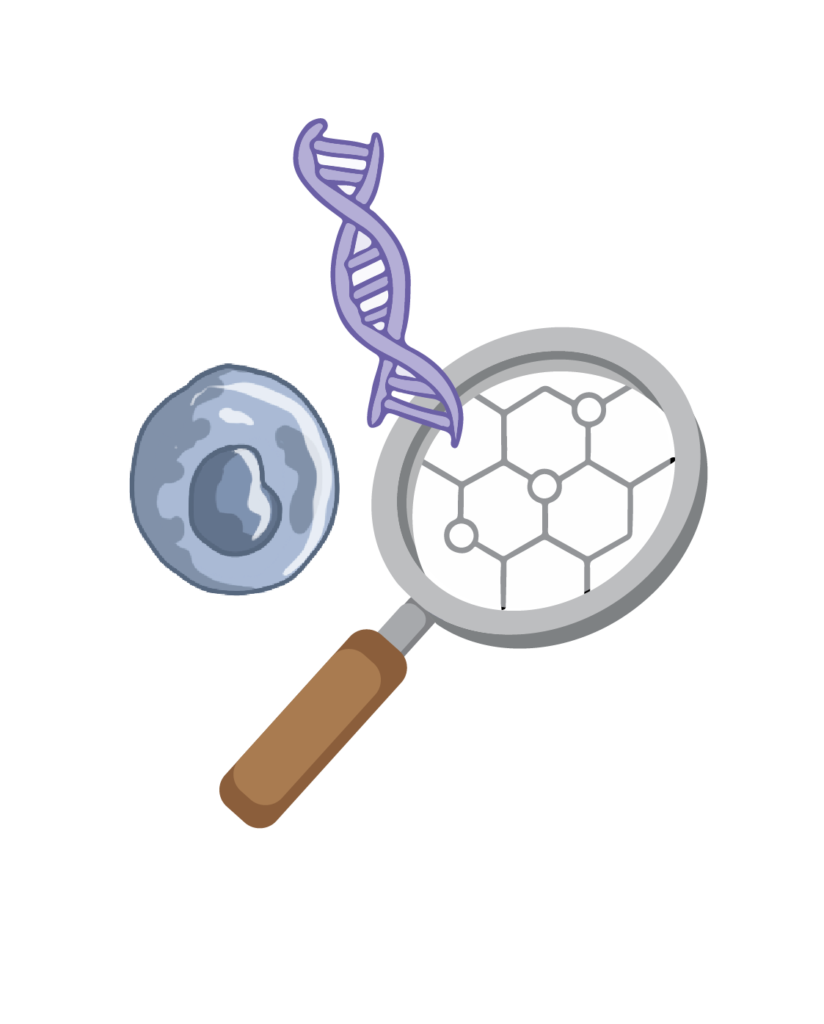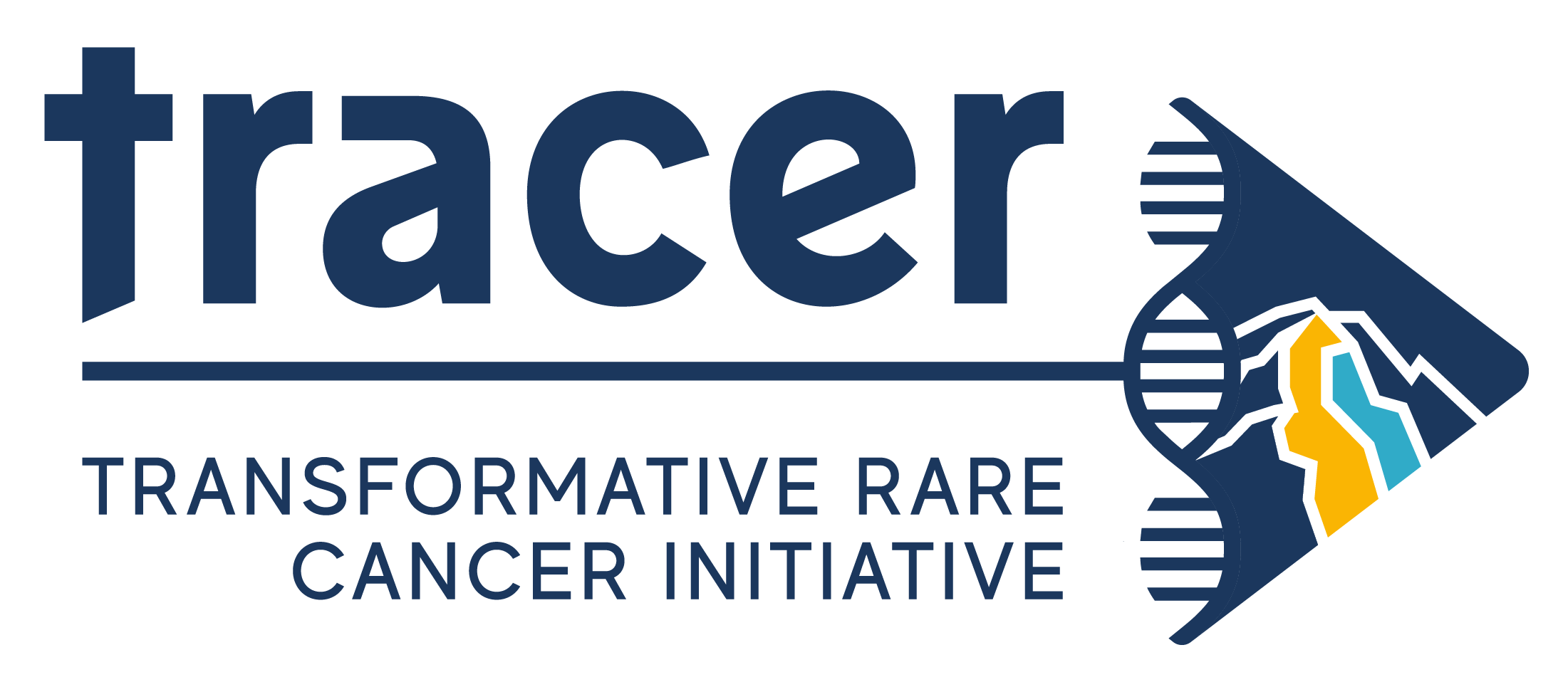Vision
By definition, a rare cancer affects fewer than 40,000 people each year in the United States. As a group, though, these cancers make up more than 20% of all globally diagnosed cancer cases. This wide-ranging impact touches millions of individuals, exceeding the prevalence of any single cancer.
Unfortunately, rare cancers are significantly more difficult to diagnose and treat, due to the lack of detailed molecular understanding of how or why rare cancer cells originate and spread, a severe lack of research funding, and the challenges of carrying out clinical trials in small patient populations. Thus, rare cancers are now recognized as a major unmet medical need that, in order to be tackled, will require new, transformative approaches.
The Transformative Rare Cancer initiative (TRACER) at Fred Hutchinson Cancer Center is founded on four fundamental pillars, each crucial to our mission’s success:
Engaging the community
We’re dedicated to building strong connections and collaboration among the rare cancer community.
Our large group of clinicians, researchers, nonprofits, and patient advocates from the Pacific Northwest is driven by the shared purpose of studying rare cancers and supporting patients who live with them. These connections have the added benefit of providing us access to fresh and archived clinical samples, which are vital for conducting top-notch research and learning more about these uncommon types of cancer.

Developing valuable research resources
Research relies heavily on accurate and relevant preclinical models.
The TRACER program is committed to developing and disseminating new, leading-edge model cell lines, patient-derived xenografts (PDX), and cryopreserved tissues. These invaluable resources will empower researchers and pharmaceutical companies to assess new therapeutic agents, forecast drug reactions, and acquire crucial insights into the fundamental mechanisms of rare cancers.

Building a data-rich resource platform
Understanding the complex nature of rare cancers will also require a comprehensive, data-driven approach. We endeavor to develop a robust platform for collecting, annotating, and characterizing rare tumors.
Using state-of-the-art techniques developed at Fred Hutch for testing the efficacy of thousands of drugs on rare tumor tissue, we hope to find new ways to target and treat them. Combining diverse datasets with leading-edge technologies, we aim to identify potential therapeutic targets and biomarkers that can revolutionize the management of rare cancer cases.

Partnering with FDA and clinical trial specialists
Ultimately, our goal is to turn groundbreaking discoveries made in the lab into real-world clinical applications that benefit patients. Achieving this will require us to engage in close collaboration with the FDA and clinical trial specialists associated with the NCI.
Our advisors possess extensive experience in conducting clinical trials involving a limited number of patients and effectively translating lab findings into clinical practice. Partnering with these experts will accelerate the development of novel therapies and enhance outcomes for patients contending with rare cancers.

